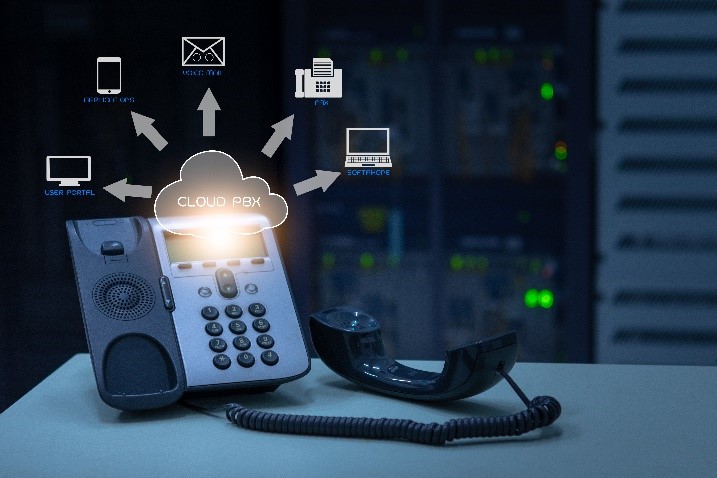A phone call could be a potential customer’s first point of contact with you. That’s why it’s so important you offer a positive and professional experience. Furthermore, using a personal phone is no longer enough. A dedicated phone system for small businesses will make your business more competitive and capable of meeting customer demands.
Although there are many options available, most are designed for businesses with thousands of employees and multiple locations. A small business has a smaller budget, even though it needs to offer the same high-quality interaction as larger businesses.
It may seem tough, but it’s critical that you choose the right platform for your business. The following information will assist you in evaluating your options, including what to consider when buying a Hosted phone system, which choice can work best for small or medium businesses (SMBs), as well as why a Voice over Internet Protocol (VoIP) solution may be the ideal solution.
Table of Contents
How To Choose A Small Business Phone System
Different business phone systems work in different ways. Depending upon your needs, there are innumerable options to choose from. However, they often differ in terms of quality and capabilities. The small business phone system you choose should advance the business objectives you have set.
Here are a few basic things to consider when selecting a small business phone system:
Instruments
Make sure you know what you have and what you need. Are you looking for a solution that only uses desk phones, are you mobile entirely or are you a combination of both? What are your plans for integrating mobile phones if you currently use only desk phones? As well as meeting your immediate needs, your system should also be right for your future business goals.
Ease Of Scaling
Additionally, you’ll want to choose a phone system that can grow as your business grows. Just as you need to make sure the equipment will serve your business well in the future, you’ll want to ensure the phone system you choose can easily accommodate multiple lines for your business.
Cost
The budget you have is known only to you, so you’ll want to make sure you choose a solution that fits your budget. If you want to make sure that the business phone solution will yield the best return on investment, consider the costs of ongoing maintenance and up-front costs as well as the monthly fees.
Small businesses have a variety of options for business phone systems

Landline
The term Plain Old Telephone Service (POTS) is the most common way to refer to a landline handset. The costs for landlines can quickly add up for budget-conscious small business owners. POTS systems are a straightforward option, allowing you to make and receive calls without requiring any additional training. Additional charges include monthly service fees for each line, new-line fees, and long-distance fees. The wiring in landlines means that you must be physically present when answering the phone; if you’re plugged in, you must be next to the phone. The ability to scale might be critical for growing businesses, so landlines may not be the right solution.
Service Of Virtual Telephones
Cloud-based phone systems are used by small businesses. It means you don’t have to own any additional networking equipment since the service provider hosts your systems and transfers your calls and data over the Internet. With this software solution, you are provided with virtual phone numbers that can be accessed by different devices. Therefore, you can answer calls placed to that number wherever you are—whether you’re on the desk phone, at home, or using a mobile device.
However, this option is not without limitations. You cannot make a call without a good network from your service provider. The provider will manage the system with complete control, which could make it very difficult for you to tailor an experience that is best for your company.
VoIP (Voice over Internet Protocol)
A similar technology to VoIP, VoIP lets users place voice calls over the Internet rather than through a traditional telephone network. Landlines tend to be more expensive than mobile services, and they support many advanced features. You can also mix the use of a mobile phone and a desk phone using VoIP. Although VoIP does not employ a private, network-based system to manage calls, it can be used on the public internet, so your voice calls and your data transmissions can be made using the same internet service. Furthermore, business VoIP systems enable you to compete with larger firms by providing employee and customer-friendly calling experiences.





